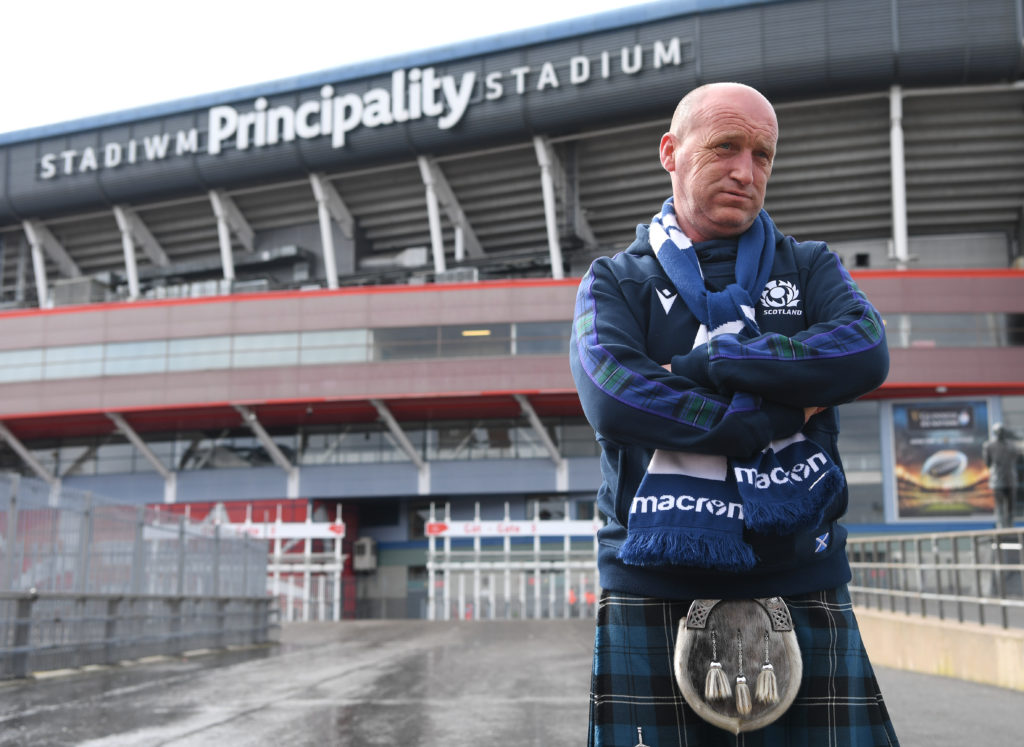The suspension of various fixtures and leagues prompts questions about the immediate future of the game, writes JON CARDINELLI.
One can understand why so many governing bodies have suspended various tournaments and – in some instances – cancelled competitions scheduled for the next few months. The powers that be have taken steps to manage and contain the coronavirus by placing a ban on mass gatherings such as the big sporting leagues in Europe and Asia.
On Saturday, Sanzaar confirmed the Vodacom Super Rugby tournament will be suspended for the ‘foreseeable future’. Teams like the Bulls and Lions will return from Australasia having not completed all of their tour fixtures.
ALSO READ: Super Rugby suspended
The authorities have done the right thing to put the health of athletes and fans first. However, as we enter a sporting limbo and wait for more news on the virus, we’re left to wonder how recent events will impact on codes like rugby in the short and long term.
Earlier this week, Neil Powell was asked about his plans for the Blitzboks over the next few months. The coach pointed out that the two Asia-based legs of the World Sevens Series – in Singapore and Hong Kong – have already been postponed and suggested that the coming tournaments in London and Paris may also be pushed out to later in the year.
Powell openly admitted that nobody was certain about whether the Olympic Games in Tokyo would proceed as scheduled.
A lot’s been said and written about the logistical challenges of rescheduling a mega-event like the Olympics. Some have suggested that it cannot be moved to later in the year or to 2021, and that if it doesn’t happen over July and August it may be cancelled entirely.
COVID-19: How rugby has been affected
World Rugby is currently reviewing the July Test schedule. There’s a chance that the Springboks’ Tests against Scotland and Georgia will not go ahead as planned.
In that scenario, the respective unions will forgo the financial benefits of hosting a Test match. Newlands, the oldest Test venue in the southern hemisphere, will not have the opportunity to stage its final international fixture – before the Stormers and Western Province make a permanent move to Cape Town Stadium in 2021. Unions around the world will face similar losses and challenges during this period.
There will be significant knock-on effects in every code. In England, the media is already speculating about the future of the Premier League and the current season in particular. If the 2019-20 season cannot be completed, should Liverpool – who haven’t won the title in 30 years – receive the trophy? Should the season pick up where it left off when professional sport is given the green light to resume – at a date yet to be determined?
ALSO READ: SA Rugby takes action over Covid-19
How will rugby approach such questions? The calendar – in terms of club and Test fixtures – is already congested and there’s long been a call for more alignment between the hemispheres as well as better player management all round.
There are plans to stage the remaining Six Nations fixtures in October. That’s sure to impact on the European club season, though, as local coaches will have to release their players.
What about Super Rugby? Would there be an attempt to complete the season at a later stage, or would the 2020 edition be cancelled altogether?
The Sunwolves would be denied an opportunity to play out their final season. Perhaps form teams like the Sharks and Blues won’t have the chance to build on their excellent starts and push for a title.
If the July Test schedule is cancelled, can the matches be staged at a later date – as looks to be the case for the Six Nations fixtures?
How will the struggle to accommodate all the Test fixtures into a largely truncated season impact on the respective nations’ places in the World Rugby rankings? Surely the draw for the 2023 World Cup – which will be shaped by the rankings – cannot proceed in December in light of recent events.
Rugby looks set to play a waiting game for as long as there is a ban on mass gatherings and sporting events. When play resumes, however, the powers that be will have some difficult questions to answer and significant problems to address.
Photo: Stu Forster/Getty Images





